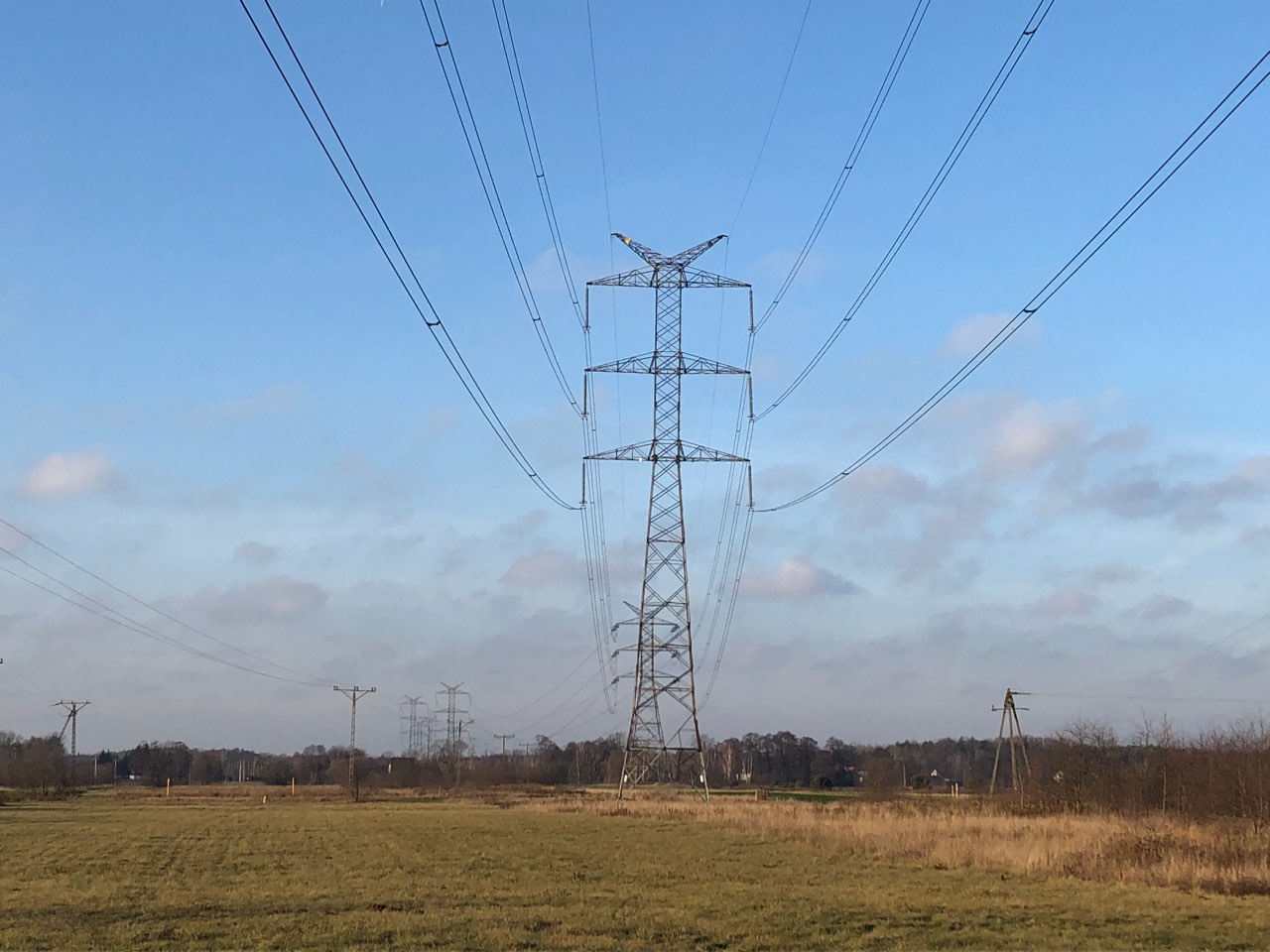In the last week of July, the Sejm adopted the Senate’s amendments to the law amending the Energy Law (UC 74), which includes topics related to the development of direct lines. The introduced solutions may prove to be easier for entrepreneurs who want to base their businesses on green energy. Justyna Kanas and Aleksander Tretyn from the Association „Z energią o prawie” (ZEOP) write about whether the amendment will be an evolution or a revolution in the RES market.
What is a direct line?
The definition of a direct line was formulated more than 30 years ago in the first Liberalization Package aimed at reducing and stabilizing energy prices by stimulating and encouraging businesses to engage in the electricity and gas sectors. In Polish legislation, the concept appeared on the occasion of transposing the provisions of the amendment to the Package. Since then, i.e. 2005, there were no significant changes to the definition. In fact, it was only at the time of its coming of age, which coincided with the preparation for the parliamentary elections, that work began on matching the content of the idea to the EU standards, currently defined by Directive 2019/994.
In the EU definition, the direct line is used in two ways, as a complement to the network or as a complete alternative to the electricity system. In Poland, only the commented Amendment UC74 took into account the first option. Until now, the rules clearly indicated the inability to connect to the national grid by receiving a refusal to provide electricity transmission or distribution services. Another defining problem that has been mitigated is the indication of the general legal title to the units supplied by the energy company with electricity. The previous wording suggested only ownership, which significantly limited the scope of the entity.
With regard to administrative issues, the obligations of the entity applying for the construction of a direct line have been spelled out in the newly added art. 7aa, which will certainly make the process clearer on the part of applicants. The basic duties of the direct line holder are spelled out, as well as a dotted list of information attached to the application.
Facilitating the construction of a direct line in Poland
Poland, in addition to the administrative decision, created a simplified procedure for starting the construction of a direct line in the form of a notification to the President of the Energy Regulatory Office of basic information about the installation, which does not include expertise on the impact on the electricity system. Following the experience of other EU member states such as Estonia, installations with smaller installed capacity can benefit from the simplified procedure. In Poland, the legislator defined it at the level of 2 MW, assuming that the entity is not connected to the grid or provides energy to its own facilities. In the second case, it must be energy obtained from RES. This is an incentive for the private sector in particular to invest in green energy.
Interestingly the rules impose an obligation in the form of a solidarity charge, which was added during the legislative process. This fee is intended to offset fixed costs not covered by other tariffs or charges, which will also avoid privatisation of benefits while increasing the burden on other participants in the system. In the near future, we can expect the fee to be set in the regulation of the Minister of Climate and Environment. However, before this happens, the solidarity fee will be calculated on the basis of the transitional provisions of the amendment in question.
Conclusions on the direct line amendment
The amendment on direct line regulations is a significant simplification for entrepreneurs, especially energy-intensive entrepreneurs, who want to base their businesses on green energy. This is an opportunity to increase the competitiveness of Polish companies on the European and global markets, as well as an additional impetus to accelerate the decarbonization of Poland.
Despite the regulation in the Energy Law Act, the institution of direct line did not meet with the approval of the ERO. Since 2005, no direct line has been built. The amendment to the act will undoubtedly enable the development of direct connections between production units and receiving units. However, the low capacity of the installations connected to the direct line in the so-called simplified procedure-2 MW, which will allow accelerated construction of such connections, may be worrisome. This capacity will probably not be sufficient for energy-intensive companies, it will only minimize the cost of purchasing energy. Entrepreneurs who will be interested in much larger generation capacities, above 2 MW, will have to go through a longer administrative process, during which they will have to demonstrate the relevant expertise listed in the amended law.
The expected Amendment of UC74 will not be a revolution on the energy market, but rather an evolution that has been introduced on the basis of EU legislation. These changes have been positively received by the RES industry, in particular that its demands have largely been listened to in the end. This will probably affect the development of new green energy sources.
The bill was sent to the President for signature on the last day of July. The president now has 21 days to sign it. The introduced amendments, with exceptions, will come into force 14 days after the announcement of the law in the Journal of laws.









